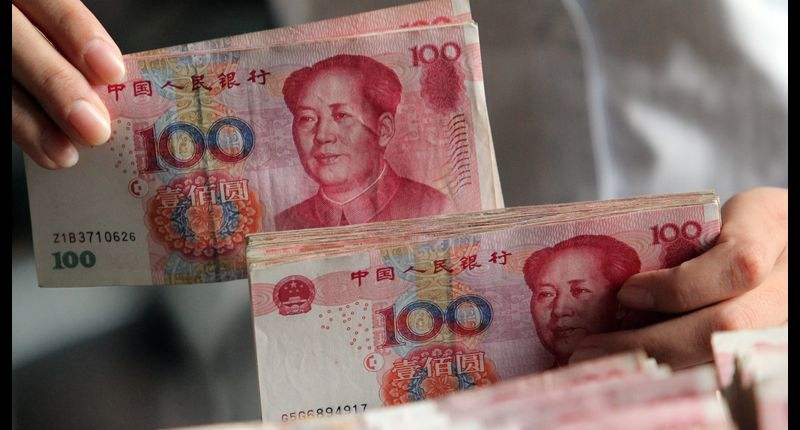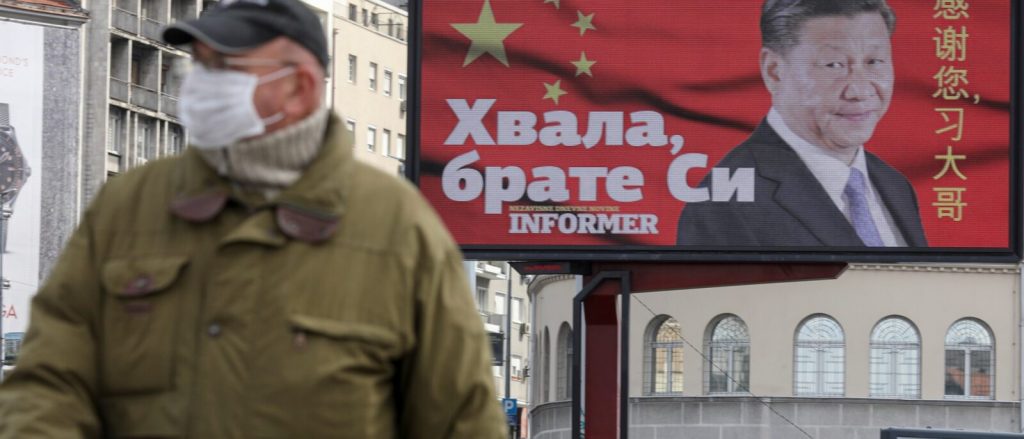China, with the claim of global leadership, has placed a bet on a policy to back Russian interests, which will damage Beijing’s geopolitical image in Europe. With great political aspirations, China is clearly losing this game now, as it sides with marginal pro-Russian regimes. Beijing, therefore, is losing significance as a political agenda provider and a power that affects security in Eurasia.
That completely reverses the trend that emerged in the first year and a half of the pandemic, when Beijing showed growing economic influence in Europe, together with political weight.
With economic advantage over Moscow, and some disputed territories absorbed by Russia at the beginning of the 20th century, China shows it depends on the Kremlin on raw materials, while Beijing’s leading role is limited by Asian region. Moscow’s multipolar narratives, China has shared, are limited, in fact, by Kremlin’s bipolar world view.
But standoff between Russia and the West, where Beijing saw its stake, limits the ways for the latter to develop, in fact.
With China advocating for the end of the war in Ukraine, Beijing-Washington relations are likely to undergo radical changes, as the issue of competition between the two powers would be removed from the agenda for several years. Better US-China relations will also help to strengthen Beijing’s hand in Europe.






